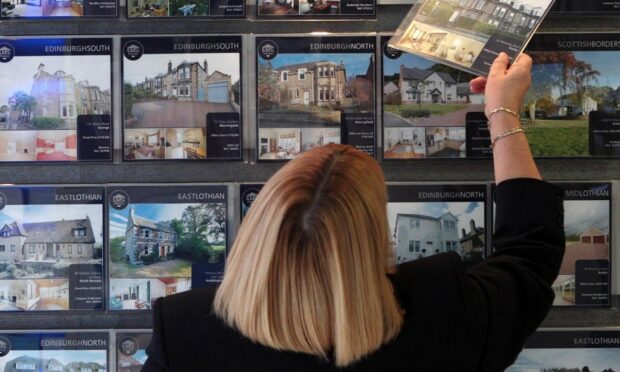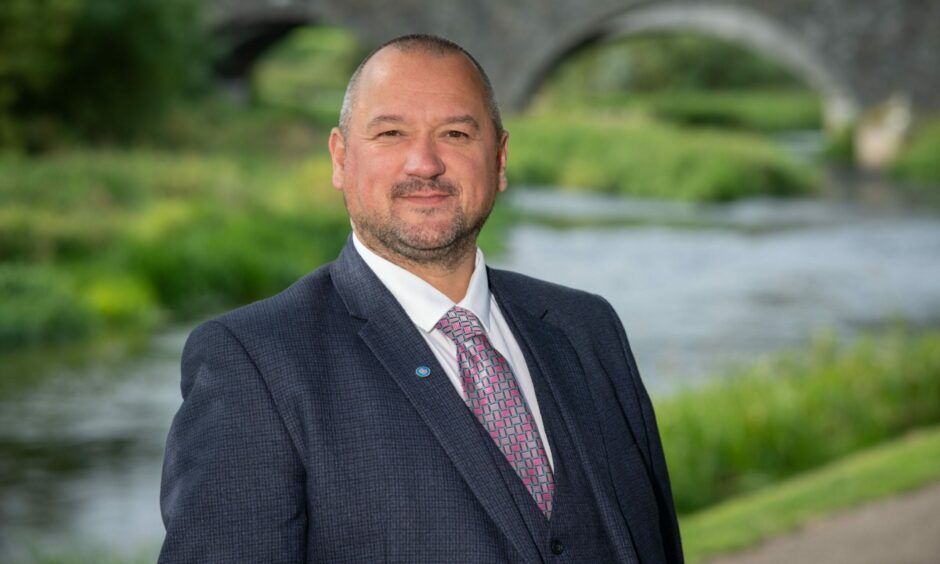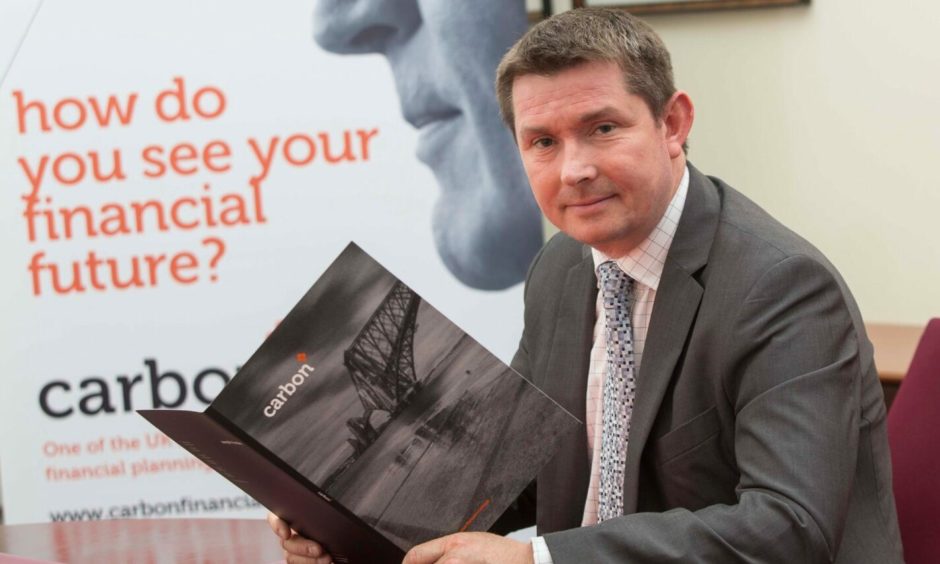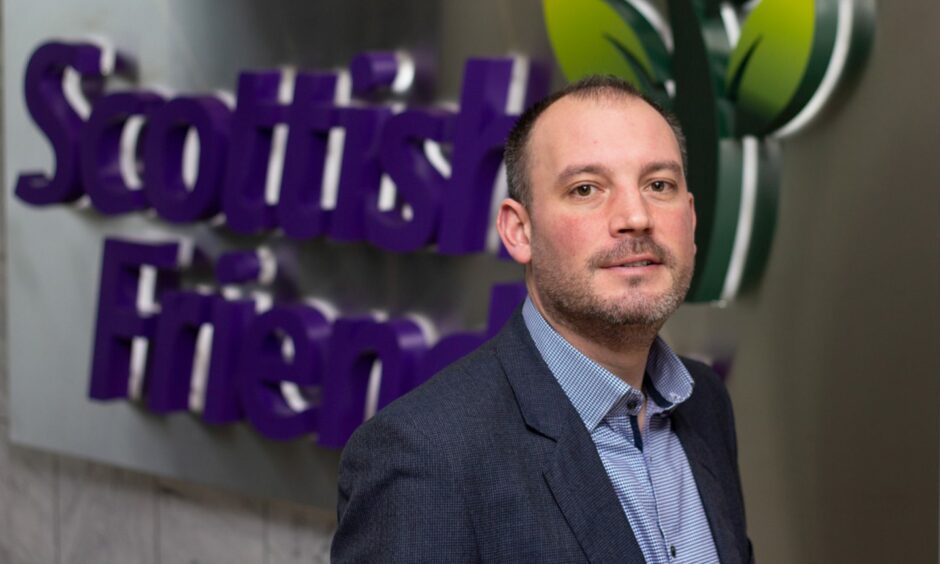A north-east finance expert says the latest rise in the Bank of England base interest rate, from 3% to a 14-year high of 3.5%, is a further blow to a slowing local housing market.
The Bank today signalled it could continue to increase interest rates over the coming months.
Its latest increase marks a slowdown from the last rise in November, when the rate went up by 0.75 percentage points, and was in line with what economists had forecast.
Higher interest rates are, unfortunately, the ‘medicine’ to cure high inflation.”
Kevin Brown, savings specialist, Scottish Friendly.
Phil Anderson, of Ellon-based Phil Anderson Financial Services (PAFS), said: “The Bank of England interest rate rise today, while not a surprise, will further impact many people who have seen their mortgage payments go up over the last year.
“Many people will be coming to the end of cheap fixed rate deals, and some will see mortgage payments rise by hundreds of pounds per month in some cases due to the rate rises in 2022.
Another £40 a month for homeowners with £100,000 loan
“A 0.5% rate rise for people with a £100,000 variable rate mortgage will see monthly payments go up by over £40 per month.
“This is at a time when many people are already feeling the impact of high inflation and energy price rises.”
PAFS also has offices in Aberdeen, Wick, Harrogate and Wetherby.
Mr Anderson said: “Our mortgage advisers in both Aberdeenshire and Caithness had our quietest month of the year for mortgages in November.
“The latest rate increase will not help the property market locally which we are already starting to see slow down.”
As expected as this was, it’s still a further blow to hard-pressed borrowers who have seen the cost of variable rate mortgages rise nine times in the past year.”
Barry O’Neill, investment director, Carbon Financial Partners.
Rates have been raised in every meeting since late last year as policymakers try to get inflation under control.
The Monetary Policy Committee (MPC), which sets interest rates, said a “forceful” policy response was justified as the labour market remained tight across the month.
There are also signs inflationary pressures could stick around for longer than thought, it added.
Many households will find this the most difficult festive season in a decade.”
Barry O’Neill, Aberdeen-based investment director at Carbon Financial Partners, said: “Expectations are the UK base rate will peak at between 4-5%, so we should brace ourselves for further fiscal tightening in the new year.
“As expected as this (latest increase) was, it’s still a further blow to hard-pressed borrowers who have seen the cost of variable rate mortgages rise nine times in the past year.
Inflation woes
“This on top of the stubbornly high and painful inflation rate means many households will find this the most difficult festive season in a decade.
“Even those with no debt and some savings in the bank are still having the real value of their cash eroded by double-digit inflation. ”
Kevin Brown, savings specialist at mutual Scottish Friendly, said: “That such a big increase was widely expected shows how far we have come in the rate hikes conversation in the past year.
“Until recently, rates were below 0.75% for over a decade and the last time there was such a large single hike was September 1989.
“What does that mean in practice? Debt will get more expensive more quickly, putting pressure on already strained household finances, burdened by rocketing prices and soon to be buffeted by tax hikes to boot.
“Savings rates will improve. But this is little comfort in a cost-of-living crisis, with soaring prices, lagging wages and poor real rates.
“Higher interest rates are, unfortunately, the ‘medicine’ to cure high inflation.”




Conversation